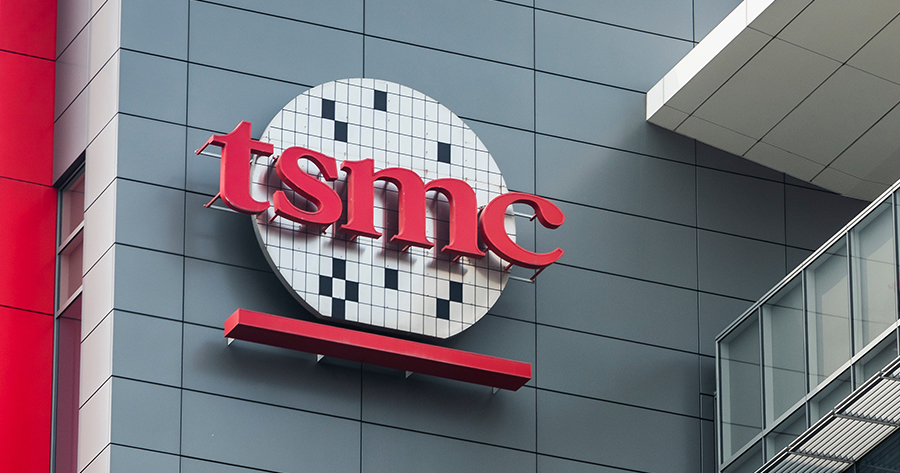Taipei-listed shares of Taiwan Semiconductor Manufacturing Co (TSMC) saw a more than 6% decline on Friday in response to its first-quarter earnings report. Despite maintaining its capital expenditure and full-year revenue guidance, TSMC hinted at a slow recovery in the chip sector.
As the world’s leading contract chipmaker and a key supplier for companies like Apple and Nvidia, TSMC anticipates second-quarter sales to potentially increase by up to 30% due to high demand for semiconductors utilized in artificial intelligence applications, while the company exceeded profit estimates for the first quarter.
While TSMC kept its capital spending plans for the year steady at a range of $28 billion to $32 billion, it reaffirmed its expectation for a low-to-mid 20% growth in revenue by 2024 in U.S. dollars. The company revised downwards the growth forecast for the global semiconductor industry, excluding memory, to around 10%, and for the foundry sector to the mid-to-high teens percent.
The market response was partly driven by concerns over TSMC’s global semiconductor industry outlook adjustment and the anticipation of a rise in its capital expenditure for high-end packaging, according to Allen Huang, Vice President of Mega International Investment in Taipei.
Regarding TSMC’s recent stock surge, an unidentified Taiwan fund manager noted that investors had high expectations for the company’s first-quarter earnings report and highlighted TSMC’s not-so-aggressive capex and the relatively low percentage of revenue derived from advanced process technologies compared to the overall revenue.
Meanwhile, J.P. Morgan analysts pointed out a slower recovery in logic semiconductor demand for 2024 in their analysis of TSMC’s earnings, attributing it to gradual rebounds in certain sectors like smartphones and computers, alongside reduced demand in the automotive industry.



